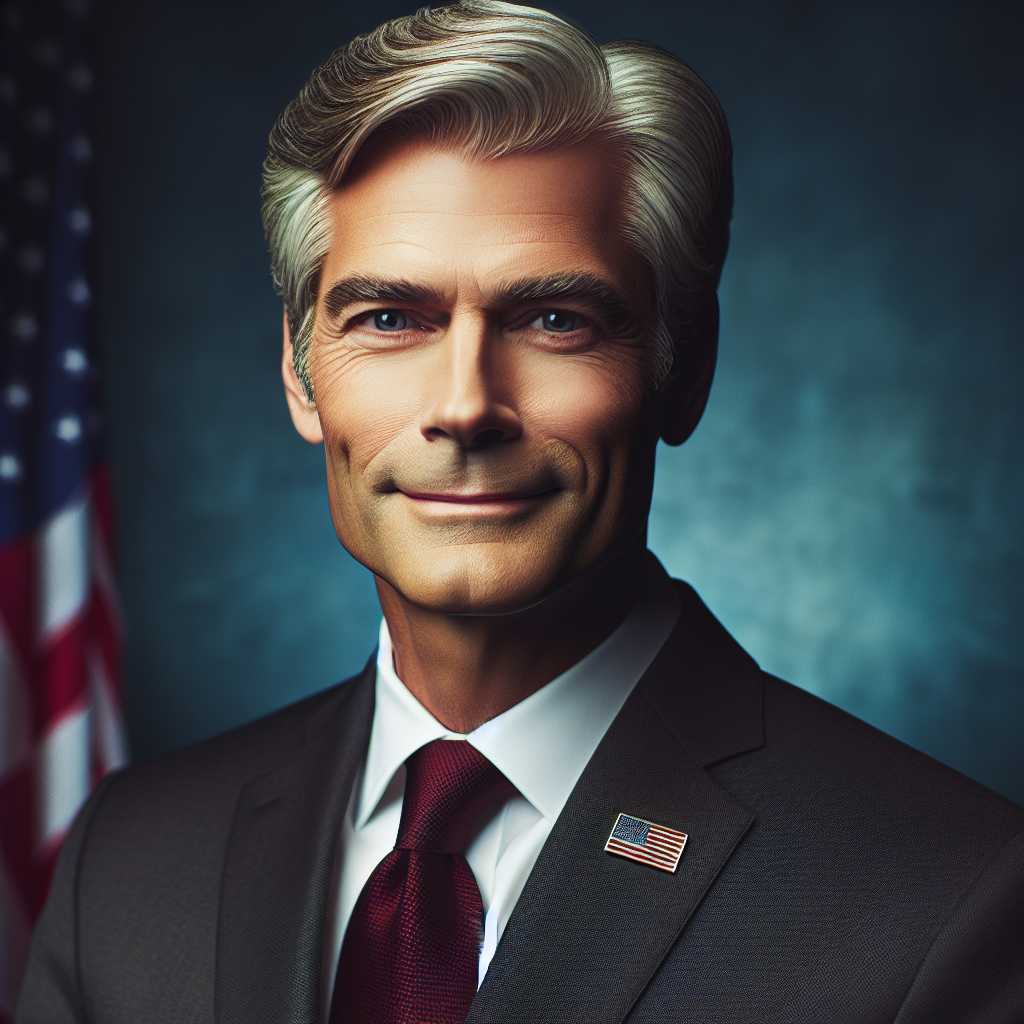The Presidency and Political Legacy of Bill Clinton
Bill Clinton, the 42nd President of the United States, held office from 1993 to 2001. His presidency was marked by economic prosperity, political triumphs, notable controversies, and a complex personal image that continues to invoke discussion among historians, politicians, and citizens alike. This extensive article examines Clinton’s early life and political ascent, key achievements and policies during his tenure as president, significant challenges and scandals that overshadowed portions of his legacy, and his post-presidency activities.
Early Life and Path to Politics
Bill Clinton was born William Jefferson Blythe III on August 19, 1946, in Hope, Arkansas. After his father’s death in a car accident before Clinton’s birth, his mother later married Roger Clinton Sr., from whom Bill took his last name. Rising from humble beginnings, he attended Georgetown University, won a Rhodes Scholarship to study at Oxford University, and then went on to earn a law degree from Yale University.
Clinton quickly became active in the political scene, serving as the attorney general of Arkansas from 1977 to 1979 and then as the state’s governor for a total of five two-year terms from 1979 to 1992, with a two-year interruption between 1981 and 1983. As governor, Clinton pursued progressive reforms in education and health and positioned himself as a New Democrat – appealing to both traditional Democratic bases and more centrist voters.
Presidential Campaigns and Election Victories
Clinton announced his candidacy for the presidency in 1991, propelling himself onto the national stage. Running on a platform that emphasized economic revitalization, job creation, and governmental reform under the mantra of “putting people first”, he appealed directly to Americans who felt left behind in the economic changes of the era.
His first bid for the White House was successful after he defeated incumbent President George H. W. Bush and independent candidate Ross Perot in the 1992 election. Highlighting messages that resonated with an electorate concerned with economic woes — epitomized by his campaign’s focusing phrase “It’s the economy, stupid” — contributed significantly to his victory.
Re-elected in 1996 against Senator Bob Dole, Clinton became the first Democrat since Franklin D. Roosevelt to win a second presidential term. His re-election capitalized on his administration’s achievements in fostering continuous economic growth and low unemployment rates.
Major Policies and Achievements
Under President Clinton’s supervision, many landmark bills were signed into law. Here are some of his most significant policy actions:
Economic Policy
Clinton managed to turn a large budget deficit into a surplus, notable for being achieved alongside vital spending programs designed to accommodate more prudent federal budgets. His advocacy for free trade culminated in the signing of the North American Free Trade Agreement (NAFTA) that has shaped continental trade relationships until today.
Health Care and Social Policy
Efforts spearheaded by Hillary Rodham Clinton made healthcare reform a focal issue of the early years of his administration; although comprehensive health care reform failed to pass Congress, several significant pieces passed later including the Children’s Health Insurance Program (CHIP).
Technology and Environment
The Clinton administration also recognized the importance of investing in technology and laying groundwork for America’s technological boom; notably signing legislation like the Telecommunications Act of 1996 was crucial for this advancement. Clinton also took steps towards environmental conservation, including preserving land as national monuments through the Antiquities Act.
Foreign Policy Triumphs
Clinton’s two-terms produced mixed foreign policy results yet prominent successes like facilitating peace talks in Northern Ireland leading to the Good Friday Agreement (1998) and intervening in Kosovo (1999) highlighted active American participation in international conflict resolutions.
Challenges and Scandals
Arising from business deals gone awry in Arkansas nicknamed “Whitewater”, independent counsel investigations stemmed into various areas including allegations against the integrity of both President Clinton and First Lady Hillary Clinton. The scandals most widely associated with Clinton are of a personal nature – particularly his admission of an improper relationship with Monica Lewinsky which eventually led to impeachment charges of perjury and obstruction of justice by the House of Representatives. Though acquitted by the Senate, this period permanently marked his presidency with personal scandal.
Post-Presidency Activities
Since leaving office, Bill Clinton has embarked on various projects embracing philanthropic work via the Clinton Foundation established to address global issues such as healthcare improvement and climate change mitigation strategies. He has also become an active public speaker and best-selling author while still playing an influential role within the Democratic party.
Notes
Image Description: A formal portrait of Bill Clinton smiling subtly against a backdrop that blends from dark blue at the top to light blue at bottom. His silver-gray hair is neatly combed back’, he wears a dark suit with an American flag pin on his left lapel, white shirt, and deep red tie.

